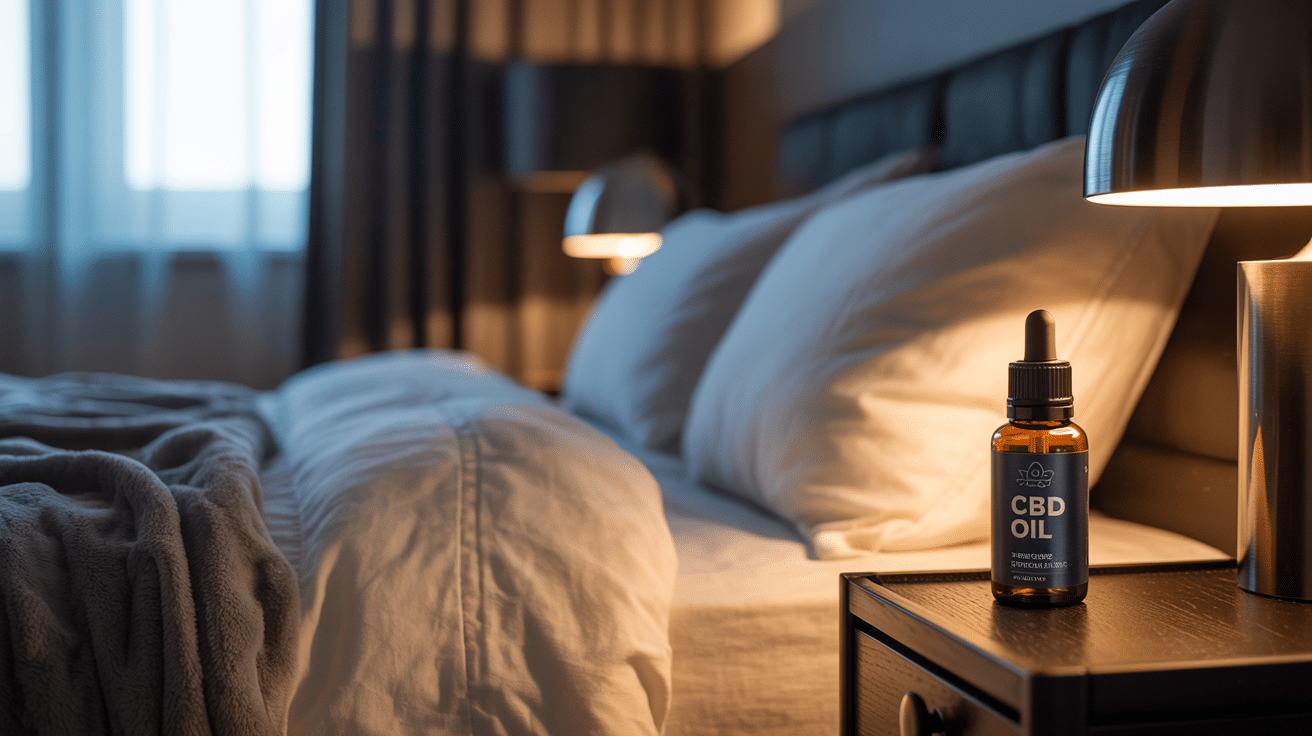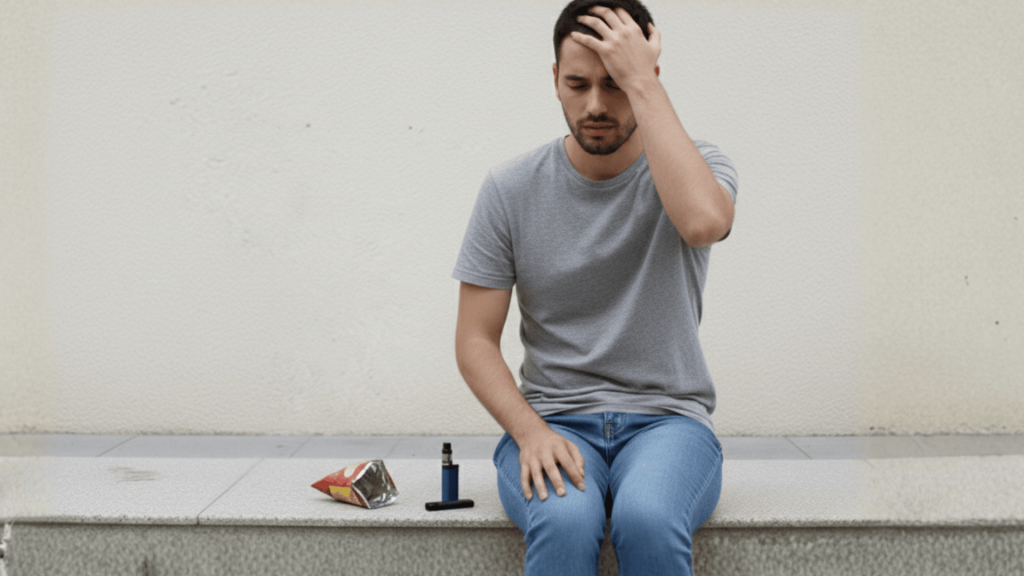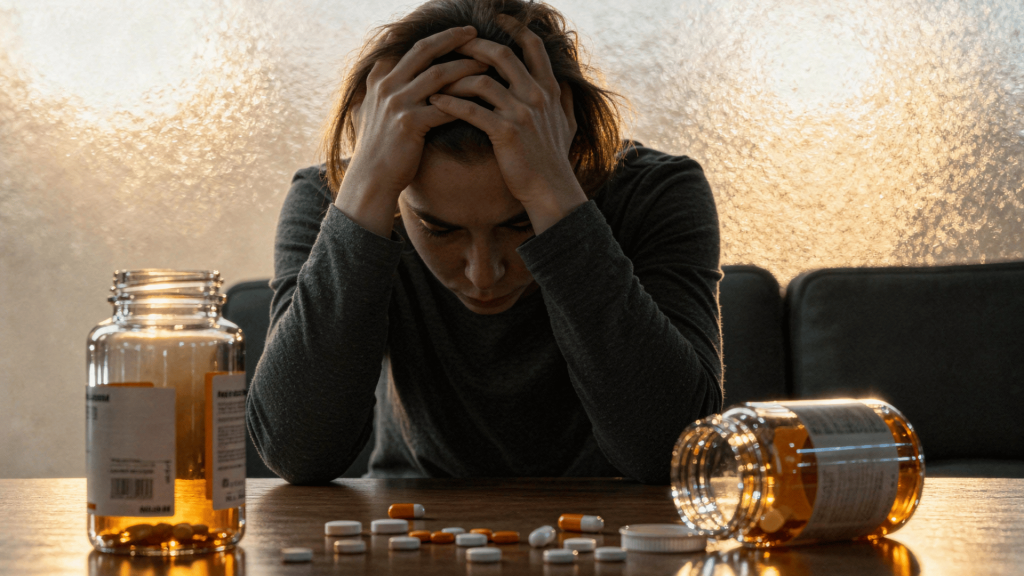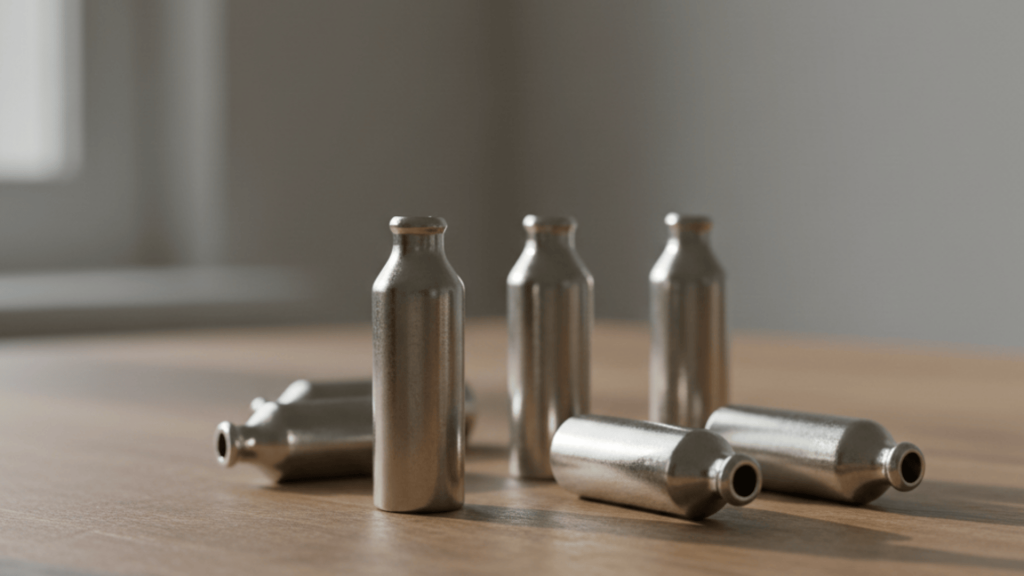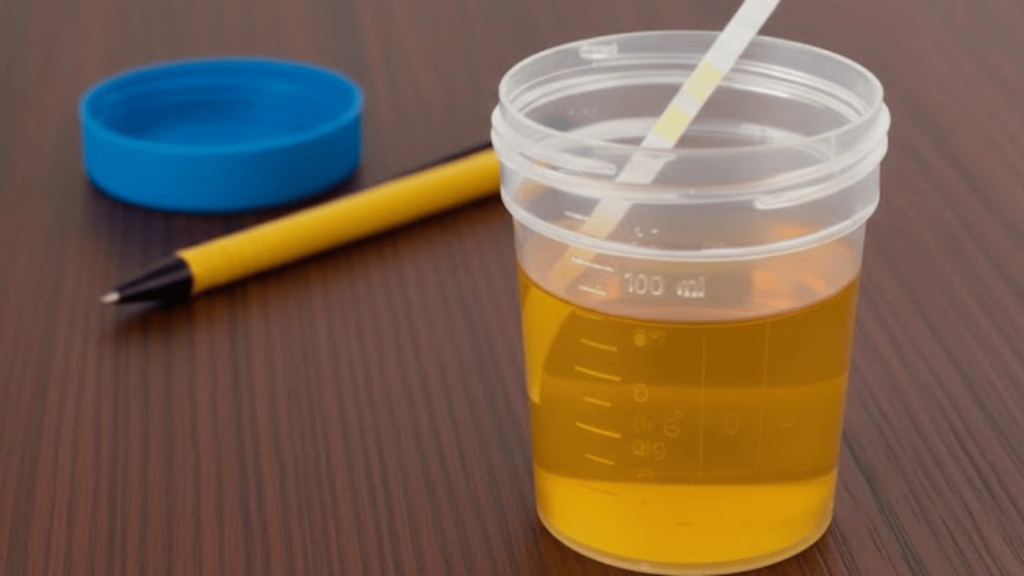Lying there at midnight, staring at the ceiling while your brain replays every awkward conversation from 2015? Yeah, I’ve been there too.
You’ve probably heard people raving about CBD oil for sleep, and maybe you’ve even bought a bottle that’s been sitting on your nightstand for weeks because you’re not sure when to actually take it.
Here’s the thing: timing with CBD is everything. Take it wrong and you’ll either miss the window completely or wake up feeling like you got hit by a truck.
Let’s figure out your perfect CBD timing so you can finally get some decent sleep.
How CBD Oil Helps with Sleep
Before we get into when to take it, it’s important to understand why CBD oil might support better sleep. Unlike traditional sleep medications, it’s not a sedative.
Instead, it works with your body’s endocannabinoid system, a network that helps regulate mood, pain, and yes, sleep.
By interacting with this system, CBD may calm racing thoughts and ease physical tension, making it easier to drift off naturally.
Many users report feeling less anxious at night, more relaxed, and even able to stay asleep longer without frequent wake-ups.
Early research is also promising, suggesting CBD may improve both sleep onset and quality, without disrupting natural sleep cycles the way some medications do.
The key thing to remember is that CBD won’t knock you out instantly; it’s more about creating the right conditions for your body to rest deeply and naturally.
When to Take CBD Oil for Sleep?

Alright, let’s get to the good stuff, actual timing recommendations. The general rule of thumb is 30-60 minutes before you want to be asleep, but let’s break it down by product type:
CBD Tinctures and Oils: These are your fastest-acting options. Take them 30-45 minutes before bedtime. Hold the oil under your tongue for 60-90 seconds before swallowing. This lets it absorb directly into your bloodstream instead of going through your digestive system first.
CBD Capsules and Edibles: Since these need to go through your digestive system, plan ahead. Take them 1-2 hours before you want to sleep. If you have them with food, they might take even longer to kick in.
CBD Gummies: Similar timing to capsules, about 1-2 hours before bed. The sugar content might give you a small energy boost initially, so don’t take them right before you want to sleep.
Sample bedtime routines:
- 9 PM: Take CBD capsule, start winding down
- 10 PM: Begin bedtime routine (shower, reading, etc.)
- 11 PM: Lights out
Or for tinctures:
- 10 PM: Start bedtime routine
- 10:30 PM: Take CBD tincture
- 11 PM: In bed, ready for sleep
Begin with a lower dose (maybe 10-25mg) and gradually increase if needed. It’s easier to add more than to deal with taking too much and feeling groggy the next day.
Remember, these are starting points. You might need to adjust based on how your body responds.
Factors That Influence the Best Time to Take CBD Oil
Here’s where it gets personal: the perfect timing for CBD oil depends on several factors that are unique to you.
| Factor | How It Affects CBD Timing |
|---|---|
| Form of CBD | Tinctures absorb faster, while gummies or capsules take longer as they pass through digestion. |
| Body’s Absorption Rate | Metabolism, weight, food intake, and genetics all influence how quickly your body processes CBD. |
| Type of Sleep Problem | Trouble falling asleep may require earlier dosing, while frequent wake-ups might benefit from different timing. |
| Tolerance Level | New users may feel effects faster and stronger than long-term users, which affects the timing strategy. |
Tips for Getting the Most Out of CBD for Sleep
Taking CBD oil at the right time is just part of the equation. Here’s how to maximize your chances of success:
- Consistency is key: Try to take your CBD at the same time every night. Your body loves routine, and this helps establish a clear signal that it’s time to start winding down.
- Pair it with good sleep hygiene: CBD isn’t magic; it works best when combined with other healthy sleep habits. Try to put screens away an hour before bed, keep your bedroom cool and dark, and develop a relaxing pre-sleep routine.
- Keep a sleep diary: Track when you take your CBD, how much, and how you sleep. This helps you identify patterns and find your personal sweet spot. Note things like how long it took to fall asleep, how many times you woke up, and how you felt in the morning.
- Be patient: Some people notice improvements right away, but for many, the full benefits of CBD for sleep develop over 2-4 weeks of consistent use. Don’t give up too quickly if you don’t see immediate results.
Potential Side Effects & Safety Considerations
CBD is generally well-tolerated, but it’s important to know what to expect as you figure out your ideal timing and dosage.
Some people may notice mild side effects, such as next-day drowsiness if they take too much or too late, dry mouth, slight digestive upset, or changes in appetite.
Another key consideration is medication interactions.
CBD can affect how the liver processes certain drugs, including blood thinners, seizure medications, and sleep aids, so it’s always best to consult your doctor before adding it to your routine.
Quality matters; select CBD products that are lab tested, clearly labeled, and sold by reputable companies for safety and effectiveness. Poor-quality options may not work and could contain contaminants.
Finally, start smart, don’t test your first dose on a night when you absolutely need to wake up sharp the next morning.
Instead, try it on a weekend or a low-stress day, so you can safely see how your body responds.
What the FDA Says About CBD & Legal Status
Before you get into a CBD sleep routine, it’s important to understand the legal and regulatory side of things.
Right now, the U.S. Food and Drug Administration (FDA) has not officially approved CBD as a treatment for sleep disorders, insomnia, or anxiety.
The only FDA-approved CBD product is Epidiolex, a prescription medication used to treat rare forms of epilepsy.
This means that while CBD is widely available as oils, gummies, capsules, and tinctures, none of these over-the-counter products are regulated by the FDA for safety, dosage, or effectiveness when it comes to sleep.
As for legality, CBD derived from hemp (with less than 0.3% THC) is federally legal in the United States under the 2018 Farm Bill, but states still have the power to create their own laws.
Some states restrict or ban certain CBD products, so always check your local regulations before buying or using them.
Conclusion
Here’s the honest truth about CBD timing: it’s going to take some trial and error to find what works for you.
That 30-60 minute window before bed is your starting point, but don’t stress if you need to tweak it. Maybe you’re someone who needs a full two hours with gummies, or maybe 20 minutes with a tincture is your sweet spot.
I know it’s frustrating when you just want to sleep NOW, but give yourself permission to experiment.
Keep notes, be consistent, and remember that good sleep habits still matter; CBD isn’t going to fix a bedroom that’s too hot or a phone that’s buzzing all night.
You deserve restful sleep, and finding your perfect timing is totally worth the effort.

